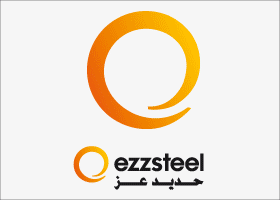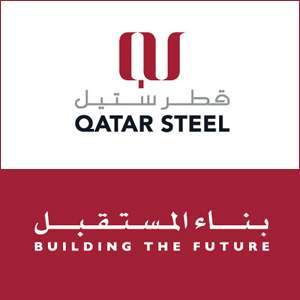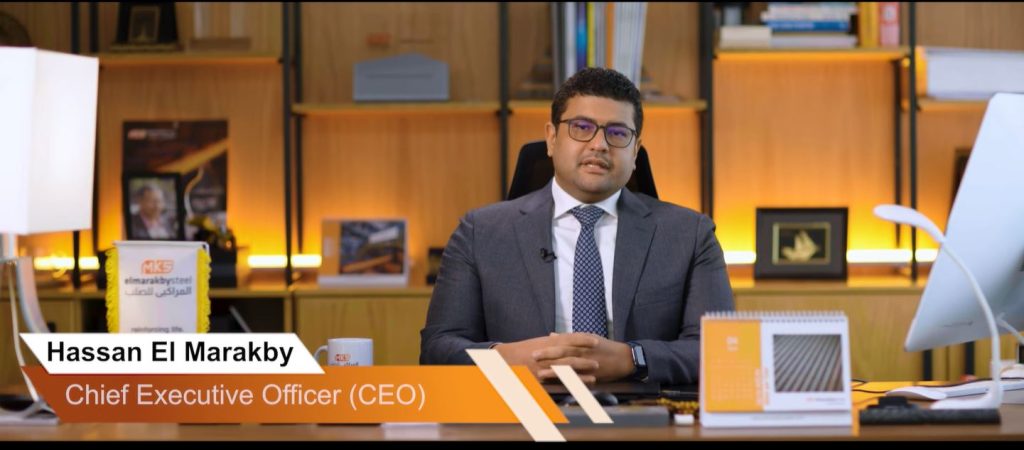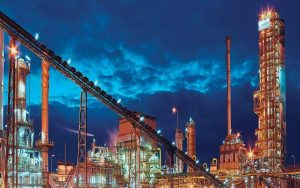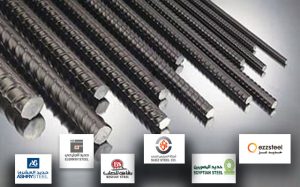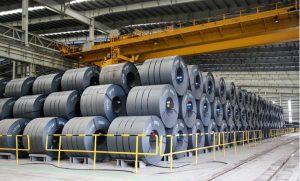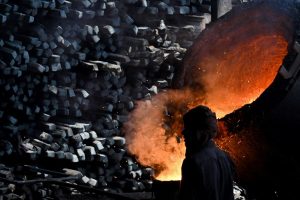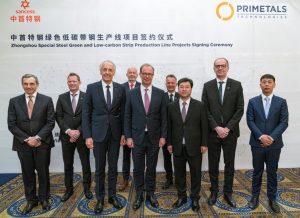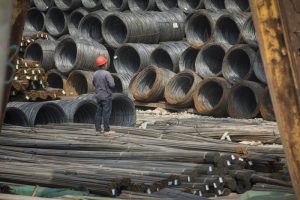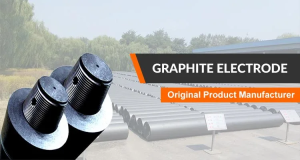CEO of El Marakby Steel Company, Hassan El Marakby, said that the company aims to increase its export revenues during the current year by approximately 10%, to rise to $110 million if global markets improve in terms of demand and prices. At the very least, the company will seek to maintain last year’s revenues at $100 million. .
He added to Al Arabiya Business that 2023 exports represented about 40% of the total annual production, compared to about 25% in the previous year, and the focus on export came due to the currency shortage crisis that prompted the company to penetrate new markets.
The company seeks to maintain annual growth ranging between 5 and 10% in the total volume of domestic and export business.
He stated that the company is working to inject new investments – which he did not specify – with the aim of improving the presence in global markets, in terms of developing technical specifications for some products, and adding new products in some industrial sectors such as “engineering”.
El Marakby produces rebar and wire coils, but focuses more on coils during export due to the lack of complications regarding customs approvals and approvals in the target markets, unlike rebar, which is subject to more strict control.
El Marakby explained that the company’s products have entered six new markets, including the Netherlands, Germany, Bulgaria, and Belgium, and are expected to reap their benefits this year.
The company also produced two shipments with special specifications for the American market during the past and current year, and it is expected that the work will be completed successively in the coming months to increase the volume of exports.
The company’s coil products are found in most parts of Europe, in North Africa such as Tunisia and Algeria, in the Gulf such as Saudi Arabia, and in South America such as Brazil.
Steel industry in Egypt
El Marakby expects an abundance of production this year in parallel with the availability of raw materials after resolving the hard currency crisis and liberalizing exchange rates in the official banking sector, which will support factories to produce at higher capacities after a large part of them were idle last year, reaching approximately 40% in many of them.
El Marakby expressed his fear of a decline in demand with the rise in interest rates and the financial tightening that the state is currently working on regarding new projects, especially since the projects that will be prioritized are the ones that have approximately more than 70% completed.
He pointed out that this situation could reduce demand, which makes many companies consider exporting, especially with the recovery of the global market in the event of expectations of a decline in interest rates at the US Federal Bank during the current year.
Construction reconciliation law
The CEO of El Marakby Company said that the entire market is awaiting the issuance of the executive regulations for the construction reconciliation law, which will represent a boost to demand, as it appears that this segment has significantly postponed orders as a result of the cessation of construction for years past.
El Marakby estimated the construction segment by individuals at about 40% of annual demand, and stressed that its return represents a strong boost to the industry, which suffers from a general weakness in actual production, which is estimated at 8 million tons annually compared to the actual available potential, estimated at 15 million tons.
He explained that access to full energy requires real demand, sustainable availability of raw materials, and expansion of exports, which in turn requires active global markets operating at competitive prices, while reducing manufacturing costs in Egypt better than they are currently.
Steel fabrication cost
El Marakby said that the components of the steel industry are distributed between 60-70%, representing imported raw materials due to their unavailability in Egypt, and the remaining 30-40% represent energy, labor, logistics, and other factors.
He explained that all of these costs have increased significantly in the recent period, other than labor. The cost of energy in Egypt has risen significantly in recent years, and gas, for example, is priced in dollars, and with every devaluation of the Egyptian pound it represents a burden on factories, and its pricing in Egypt is higher than the market. Global.




